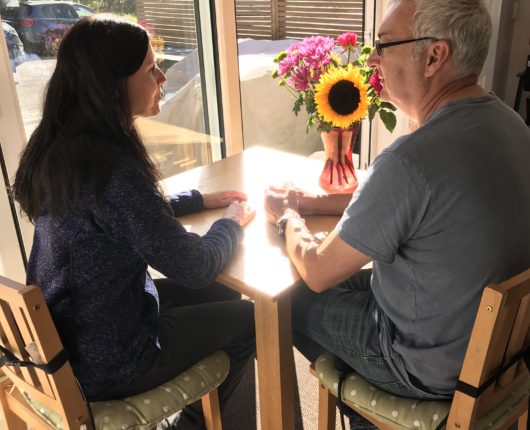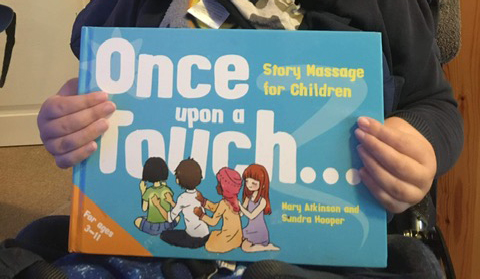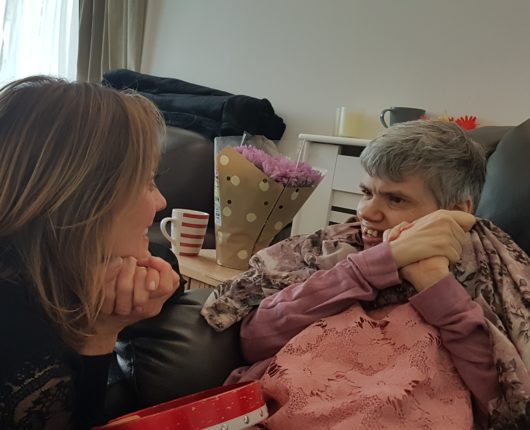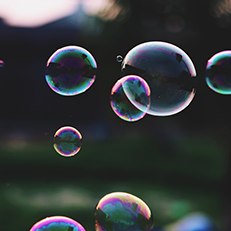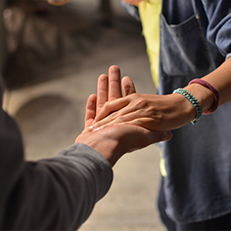Interactions and Relationships
Interactions and relationships are crucial for survival and wellbeing
These are approaches that you can use to enhance the quality of interactions and develop relationships to have a positive impact on emotional and mental wellbeing. Scroll down to read about the benefits of interactions and relationships.

Choose a collection identifier from the selection below.
-
Create a collection
-
Bear
-
Bee
-
Bull
-
Butterfly
-
Cherry
-
Daisy
-
Deer
-
Dolphin
-
Duck
-
Fish
-
Horse
-
Hummingbird
-
Kangaroo
-
Kingfisher
-
Ladybird
-
Leopard
-
Lotus Flower
-
Panda
-
Peacock
-
Rabbit
-
Rose
-
Shark
-
Squirrel
-
Stingray
-
Strawberry
-
Swan
-
Tiger
-
Blue
-
Green
-
Orange
-
Pink
-
Purple
-
Turquoise
-
Yellow

Choose a collection identifier from the selection below.
-
Create a collection
-
Bear
-
Bee
-
Bull
-
Butterfly
-
Cherry
-
Daisy
-
Deer
-
Dolphin
-
Duck
-
Fish
-
Horse
-
Hummingbird
-
Kangaroo
-
Kingfisher
-
Ladybird
-
Leopard
-
Lotus Flower
-
Panda
-
Peacock
-
Rabbit
-
Rose
-
Shark
-
Squirrel
-
Stingray
-
Strawberry
-
Swan
-
Tiger
-
Blue
-
Green
-
Orange
-
Pink
-
Purple
-
Turquoise
-
Yellow

Choose a collection identifier from the selection below.
-
Create a collection
-
Bear
-
Bee
-
Bull
-
Butterfly
-
Cherry
-
Daisy
-
Deer
-
Dolphin
-
Duck
-
Fish
-
Horse
-
Hummingbird
-
Kangaroo
-
Kingfisher
-
Ladybird
-
Leopard
-
Lotus Flower
-
Panda
-
Peacock
-
Rabbit
-
Rose
-
Shark
-
Squirrel
-
Stingray
-
Strawberry
-
Swan
-
Tiger
-
Blue
-
Green
-
Orange
-
Pink
-
Purple
-
Turquoise
-
Yellow

Choose a collection identifier from the selection below.
-
Create a collection
-
Bear
-
Bee
-
Bull
-
Butterfly
-
Cherry
-
Daisy
-
Deer
-
Dolphin
-
Duck
-
Fish
-
Horse
-
Hummingbird
-
Kangaroo
-
Kingfisher
-
Ladybird
-
Leopard
-
Lotus Flower
-
Panda
-
Peacock
-
Rabbit
-
Rose
-
Shark
-
Squirrel
-
Stingray
-
Strawberry
-
Swan
-
Tiger
-
Blue
-
Green
-
Orange
-
Pink
-
Purple
-
Turquoise
-
Yellow

Choose a collection identifier from the selection below.
-
Create a collection
-
Bear
-
Bee
-
Bull
-
Butterfly
-
Cherry
-
Daisy
-
Deer
-
Dolphin
-
Duck
-
Fish
-
Horse
-
Hummingbird
-
Kangaroo
-
Kingfisher
-
Ladybird
-
Leopard
-
Lotus Flower
-
Panda
-
Peacock
-
Rabbit
-
Rose
-
Shark
-
Squirrel
-
Stingray
-
Strawberry
-
Swan
-
Tiger
-
Blue
-
Green
-
Orange
-
Pink
-
Purple
-
Turquoise
-
Yellow

Choose a collection identifier from the selection below.
-
Create a collection
-
Bear
-
Bee
-
Bull
-
Butterfly
-
Cherry
-
Daisy
-
Deer
-
Dolphin
-
Duck
-
Fish
-
Horse
-
Hummingbird
-
Kangaroo
-
Kingfisher
-
Ladybird
-
Leopard
-
Lotus Flower
-
Panda
-
Peacock
-
Rabbit
-
Rose
-
Shark
-
Squirrel
-
Stingray
-
Strawberry
-
Swan
-
Tiger
-
Blue
-
Green
-
Orange
-
Pink
-
Purple
-
Turquoise
-
Yellow

Are you sure you'd like to remove this collection?
All associated data will be deleted.

Are you sure you'd like to add this collection?
Social interaction, connectedness and having a sense of belonging are critical for our survival and for our emotional wellbeing
Studies have shown that people who have meaningful relationships with family, friends and their community are happier, have fewer health problems, and live longer. Research on people of all ages shows that when social interaction is inadequate the consequences can be dire and far reaching, affecting physical and mental health.
Good social interaction can:
- Promote a sense of safety, security, connection and belonging
- Support the development of self-esteem and feelings of self-worth
- Lead to better physical health and increased life expectancy
- Strengthen the immune system
- Boost feelings of wellbeing and decrease feelings of depression
- Improve brain health and lower the risk of dementia
- Be emotionally regulating and calm the nervous system
- Increase the production of feel good neuro-chemicals
- Reduced sensations of isolation and loneliness
Social interaction influences brain development and affects the nervous system in a number of ways and triggers the release of brain chemicals which directly impact our emotions.
Interpersonal experience shapes the mind as it continues to develop throughout the lifespan... Interactions with the environment, especially relationships with other people, directly shape the development of the brain's structure and function.
Daniel Siegel
People who are chronically lacking in social contacts are more likely to experience elevated levels of stress and inflammation. These, in turn, can undermine the well-being of nearly every bodily system, including the brain.
Jane E Brody

The quality of social interaction is determined by a range of verbal and non-verbal factors including the tone of voice, body posture and facial expressions. A smiling face, soft eye contact and gentle tone of voice with prosody (intonation) sends signals to another person that they are being listened to, attended to and cared for. What we are feeling and thinking may be communicated in our non-verbal behaviours, much of which happens below our level of consciousness. However, we can cultivate better awareness and be more conscious about the way we communicate and this can have a positive impact on the emotional and mental wellbeing of those around us.
When you want to calm a person down, you smile and talk to them in a soothing way. The nervous system detects these cues and down-regulates or inhibits the sympathetic nervous system. But when the sympathetic nervous system is activated as a defense system, it turns off all those social-engagement behaviours.
Stephen Porges
Face-to-face contact releases a whole cascade of neurotransmitters and, like a vaccine, they protect you now in the present, and well into the future, so simply […] shaking hands, giving somebody a high-five is enough to release oxytocin, which increases your level of trust, and it lowers your cortisol levels, so it lowers your stress.
Susan Pinker
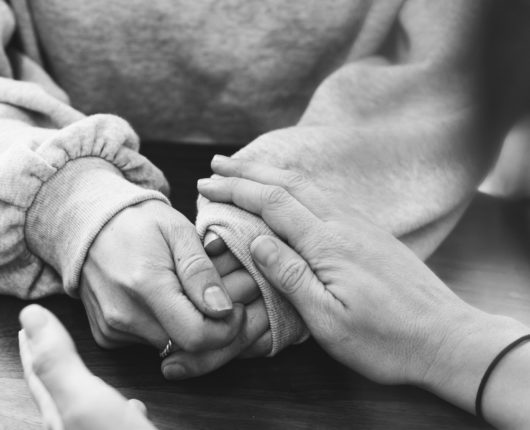
People with severe and profound intellectual disabilities are at particular risk of feeling a lack of control, and having uncertainty and unpredictability in their lives, which are consequently risk factors for mental ill-health. One of the ways that we can foster a greater sense of safety and security is through communication, attuned interactions and the development of kind, compassionate and loving relationships.
More than anything else, being able to feel safe with other people defines mental health; safe connections are fundamental to meaningful and satisfying lives.
Bessel van der Kolk
Our nervous system craves reciprocal interaction to enable state regulation to feel safe.
Stephen Porges

